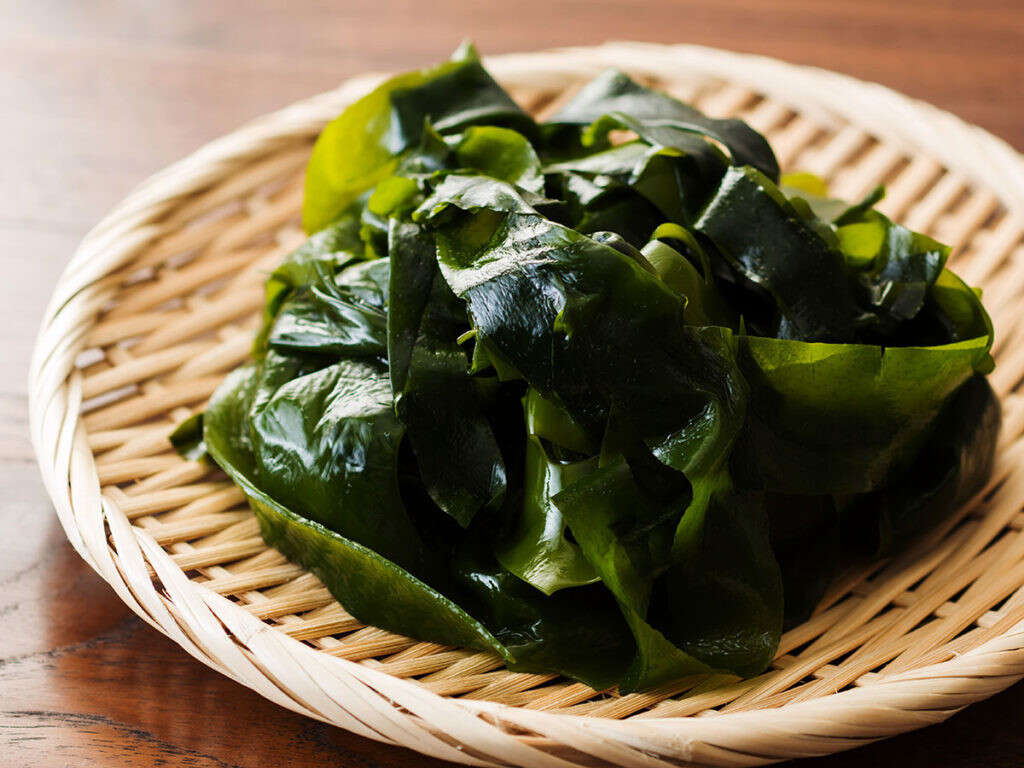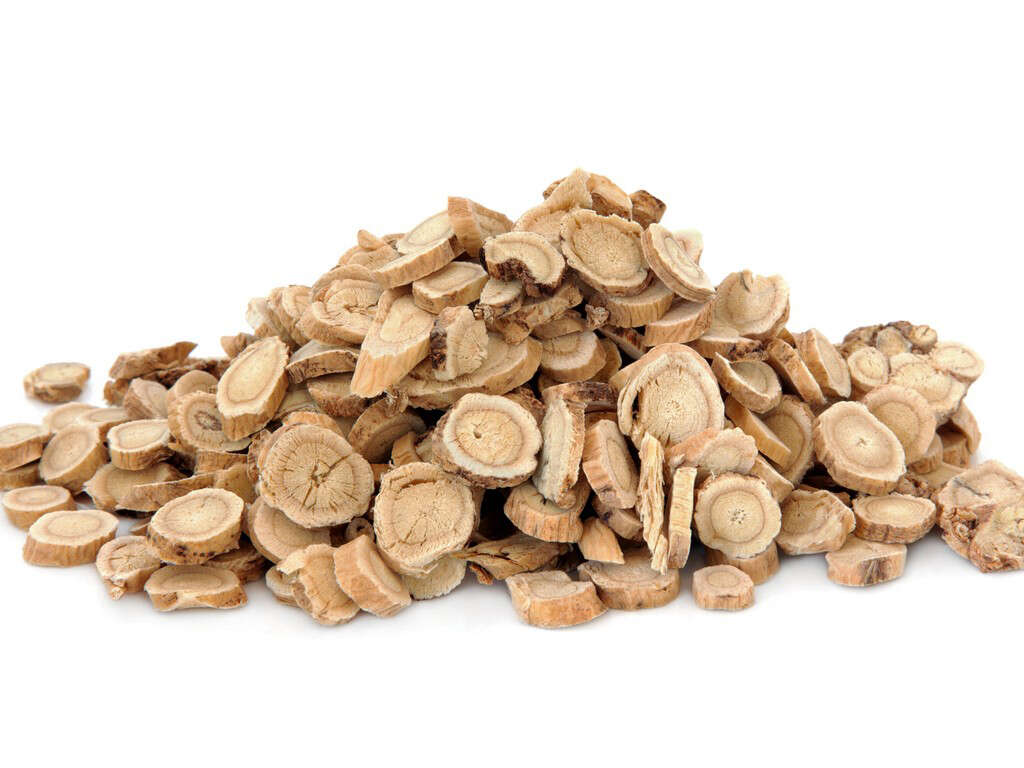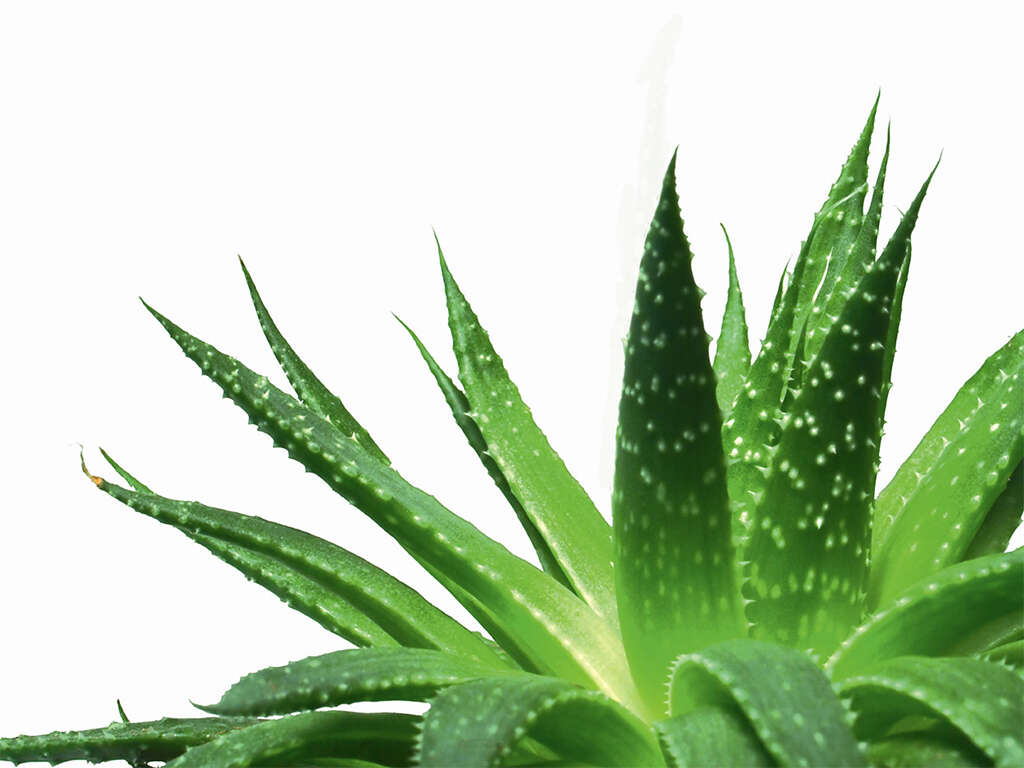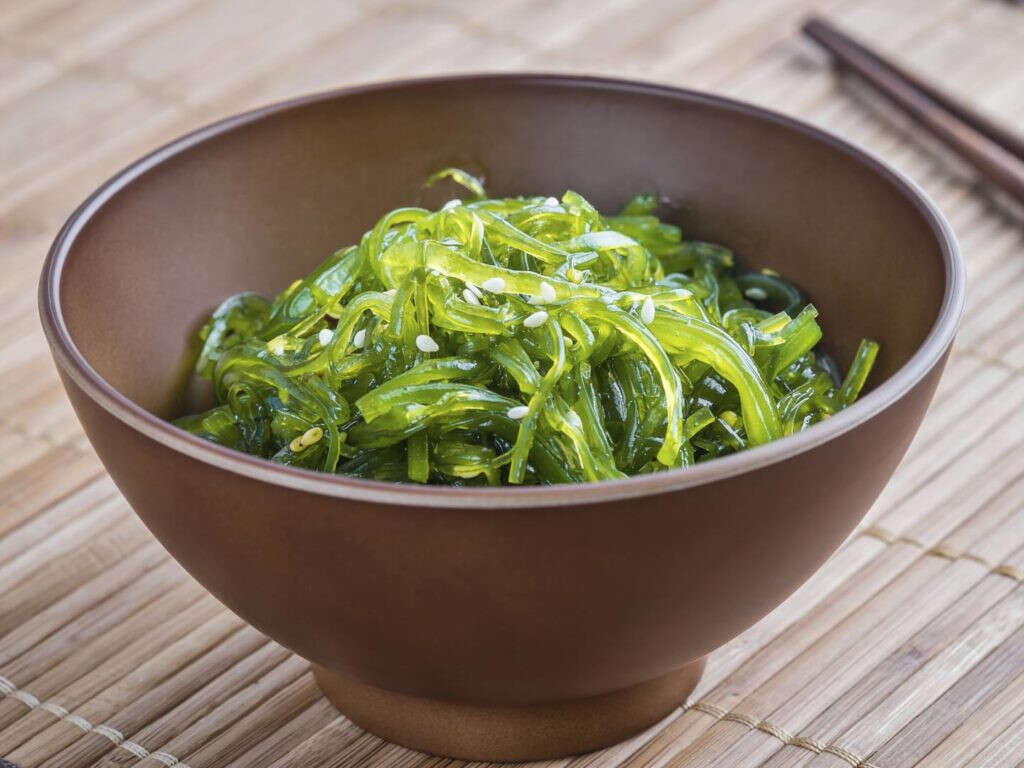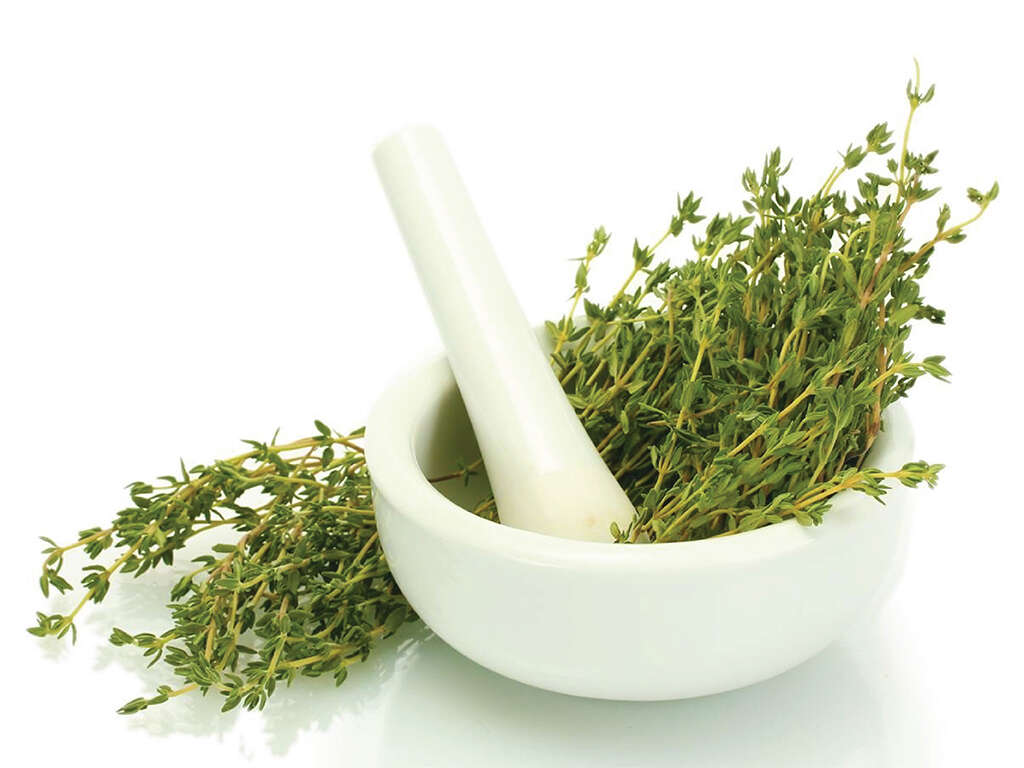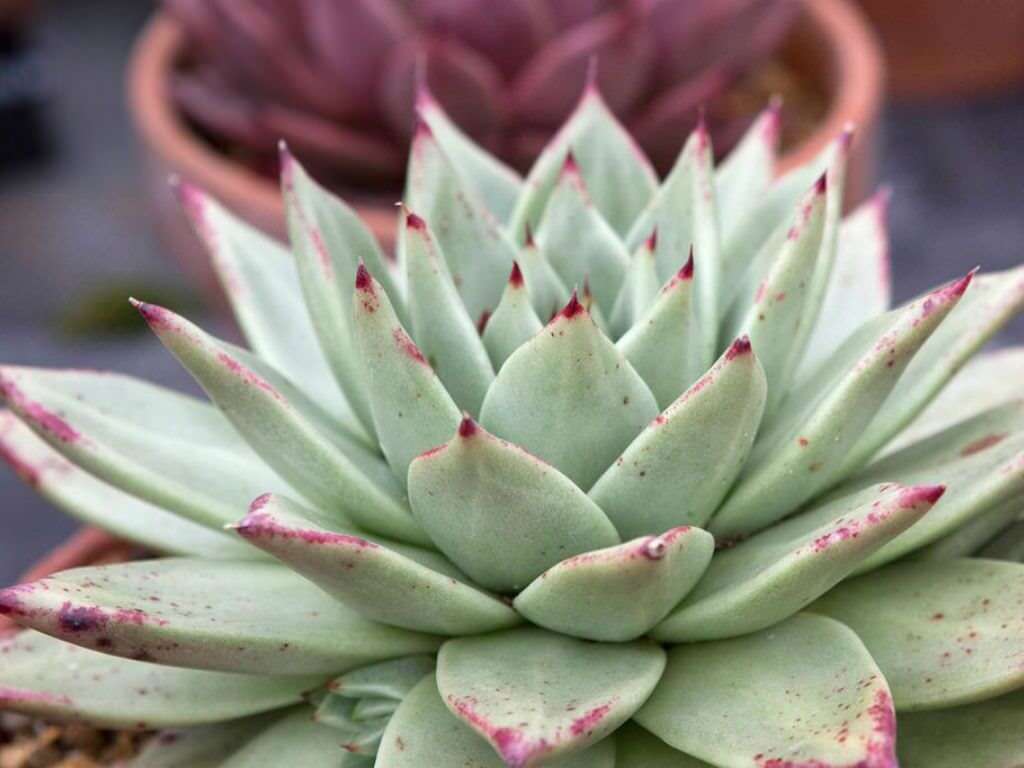10 Health Benefits of Licorice Root
Licorice is a name used to refer to the root of Glycyrrhiza glabra where a sweet flavor can be extracted. The plant is a perennial legume that is herbaceous and native to parts of Asia and southern Europe. Although it may have similar flavoring compounds as fennel and star anise, these plants are not botanically related. Licorice can be used as a sweetener or for flavoring of candies especially in Middle Eastern and European countries. Licorice extracts have traditionally been used in herbalism and homeopathic medicine. However, the excessive consumption of licorice (more than 2mg/kg a day) can lead to complications such as muscle weakness, hypokalemia, and increased blood pressure.
Some of the countries that produce licorice are China, Italy, India, Iran, Iraq, Afghanistan, Pakistan, Turkmenistan, Turkey, and Azerbaijan. It is important to note that the health benefits of licorice root are those that have not gone through extensive research and therefore, may not have conclusive supportive evidence. It has also been under research for topical treatment for psoriasis and for hepatitis C. However, the low quality of studies has prevented conclusions to be drawn regarding the safety and efficacy of licorice root.

Health Benefit Of Licorice Root #1: Cleanses the Respiratory System
It is said that licorice root can help in the treatment of respiratory issues as it aids the body by producing healthy mucus. While it may seem contradictory for the body to produce more mucus to maintain a healthy respiratory system, the production of good mucus can ensure the normal functioning of the respiratory system by preventing clogging from old and sticky mucus.

Health Benefit Of Licorice Root #2: Soothes Stomach
Licorice root can be beneficial if there are gastrointestinal issues as it can help soothe an upset stomach. It can be used in stomach ulcers, food poisoning, and heartburn as it may help increase the repair rate of the stomach lining by restoring balance. This can be attributed to the immune boosting and anti-inflammatory properties of licorice root, which contains glycyrrhizic acid.
There has been evidence from a study which observed that glycyrrhizic acid can reduce the growth of Helicobacter pylori in the stomach. Another study found that patients with gastritis, peptic ulcer disease, and heartburn had improved symptoms when they took deglycyrrhizinated licorice, a safer form of licorice that can be consumed long term.

Health Benefit Of Licorice Root #3: Aids in Treatment of Cancer
While it has yet to be approved by the Food and Drug Administration (FDA), some have claimed that licorice root has the potential to help in the treatment of cancer such as prostate and breast cancer. There are also some Chinese practitioners who have incorporated it into their cancer treatment regimen.
According to the American Cancer Society, the use of licorice in the treatment of cancer is still under research. Thus, patients with cancer should not attempt to use licorice as the only treatment and its use should be discussed with their physicians.

Health Benefit Of Licorice Root #4: Stress Reduction
Licorice root can help in stress reduction by providing relief and stimulating the adrenal gland. The adrenal gland is important as it produces hormones such as cortisol and adrenaline. By helping the adrenaline gland, it indirectly helps to reduce stress levels as it helps balance the amount of cortisol in the body.
The compound in licorice known as glycyrrhizic acid prevents the breakdown of cortisol and reducing the conversion of cortisol to inactive cortisol. Individuals taking licorice supplements were found to have increased cortisol levels. It should be paired with other methods to relieve stress such as exercise, listening to music, and having a healthy diet.

Health Benefit Of Licorice Root #5: Reduction of Menopausal Symptoms
Licorice root may also be beneficial to help reduce menopausal symptoms such as reducing the duration of hot flashes. Some components of licorice root such as glabridin, glabrene, and liquiritigenin have estrogen-like activities and may be beneficial for women who have low estrogen levels.
One study concluded that licorice root was also able to lower the severity and frequency of hot flashes. The research team recommended that taking licorice root along with regular exercise and the consumption of dairy products can help in the relief of hot flashes.
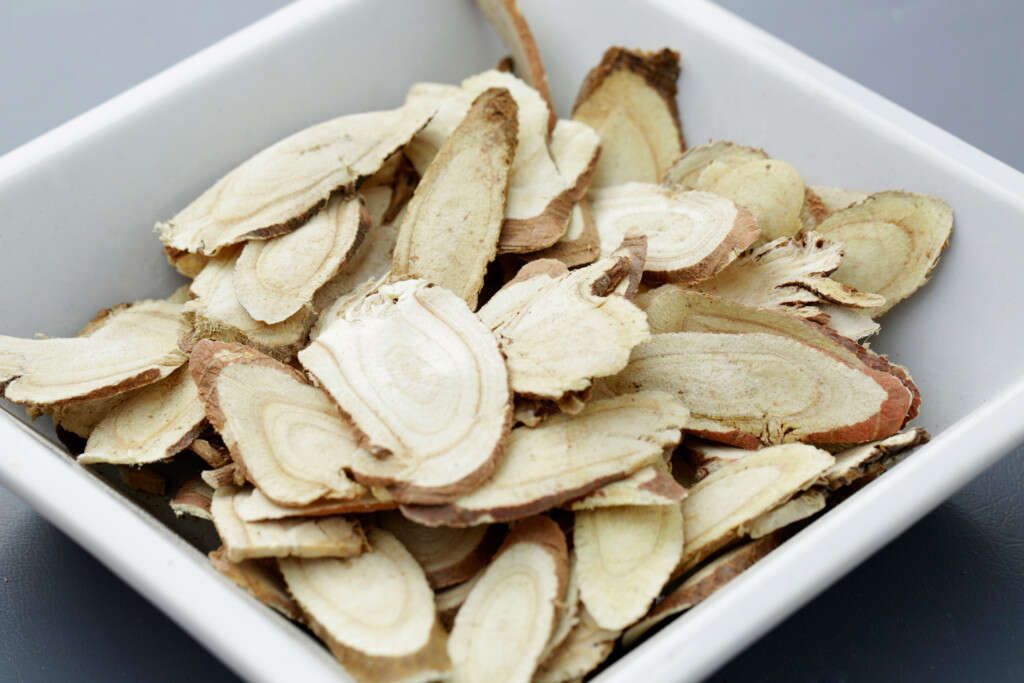
Health Benefit Of Licorice Root #6: Tooth Decay
Due to the antibacterial properties of licorice root, there are some holistic health practitioners who think that the application of licorice to tooth decay can help kill bacteria. It has been suggested that licorice contains natural plant chemicals that can help prevent the build up of plaque and kill mouth bacteria.
Researchers have found that it blocks the action of an enzyme that allows bacteria to thrive in oral cavities. It also prevents the formation of a biofilm around the bacteria, helping to stop plaque.
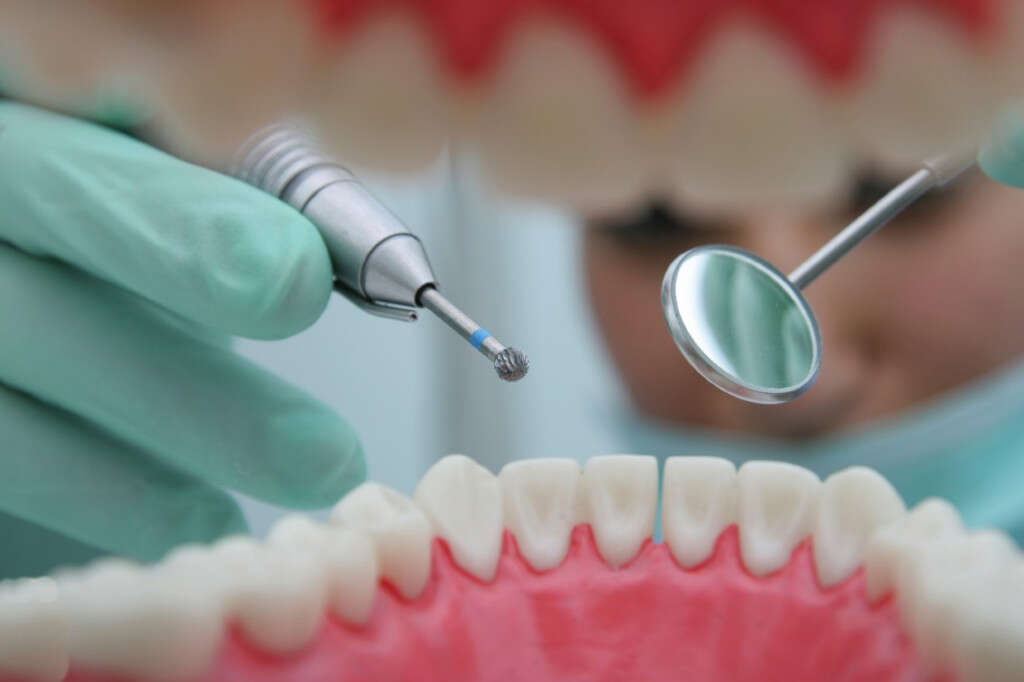
Health Benefit Of Licorice Root #7: For Dermatological Issues
There are some topical gels that contain licorice that have been recommended for the treatment of eczema. Since licorice has some antibacterial properties, it may be beneficial if used for the dermatological treatment of some skin conditions.
Topical licorice extract can also be used for skin eruptions such as pruritus, dermatitis, cysts, and eczema. In a study that used glycyrrhizic acid for atopic dermatitis in a double-blind study, licorice extract was concluded to be a potential effective agent for the treatment of atopic dermatitis.

Health Benefit Of Licorice Root #8: Faster Recovery After Surgery
There is some research that has suggested that sucking on a lozenge that contains licorice about thirty minutes before the insertion of a tube into the mouth through the trachea can lower the likelihood of coughing after surgery by approximately fifty percent.
They also found that gargling using licorice fluid before intubation may reduce the rates of complications once the breathing tube is removed. More research may be needed to confirm the results of the study before it becomes a general recommendation for patients.

Health Benefit Of Licorice Root #9: Protecting the Brain
Licorice root contains glycyrrhiza glabra. A major flavonoid of glycyrrhiza glabra is glabridin, which has the potential to protect the brain from stroke-related injuries. In animal models, glabridin injection into rats with stroke significantly reduced brain damage, decreased DNA damage, prevented nerve cell death, and increased antioxidant levels in the brain.
Besides that, it has also been shown to reduce seizure-induced brain cell death among mice, preserve cognitive function among diabetic mice, reverse memory and learning deficits in diabetic rats, and has the potential to stop inflammation in the brain. However, more research is necessary before it can be used as part of a treatment program for patients.
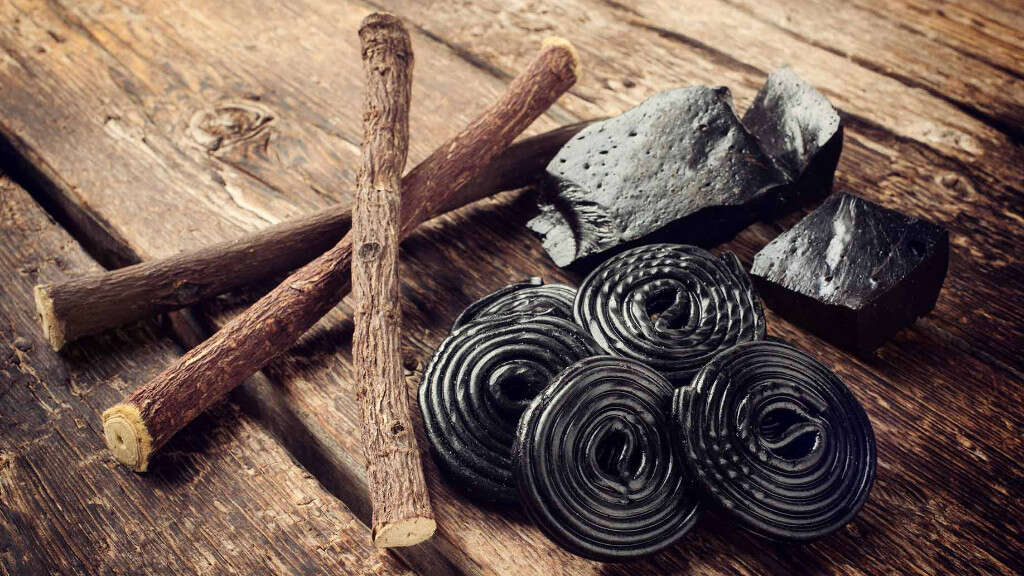
Health Benefit Of Licorice Root #10: Sleep Aid
Glycyrrhiza glabra is popular and widely used in herbal medicine. It has been reported to have anxiolytic, antidepressant, and anticonvulsant properties. It can therefore be beneficial to help increase sleep duration and induce sleep.
This has been demonstrated in animal models where it was observed to decrease the time required to fall asleep while increasing the length of non-rapid eye movement sleep without lowering the amount of deep sleep. Licorice root may therefore be beneficial for those who have issues with insomnia.




